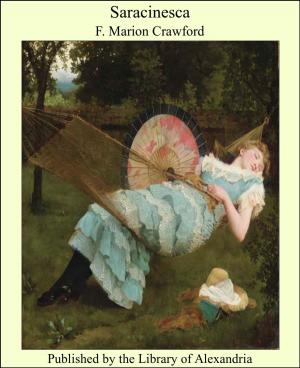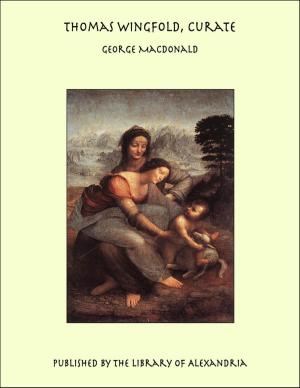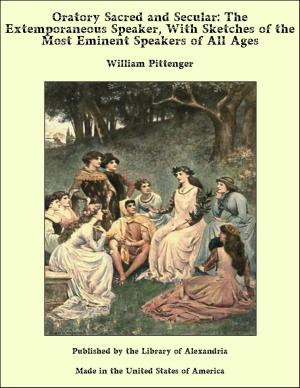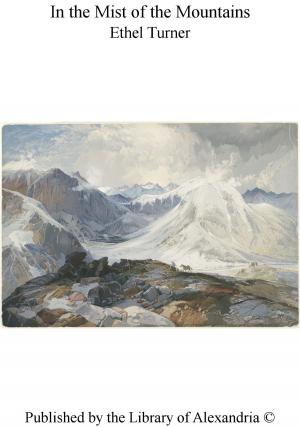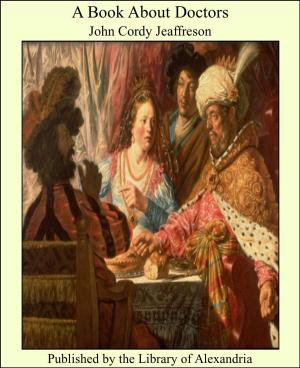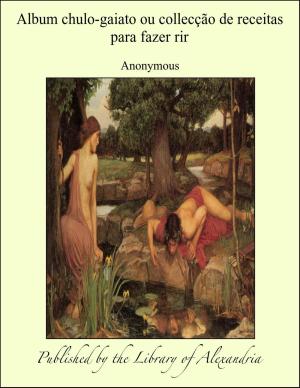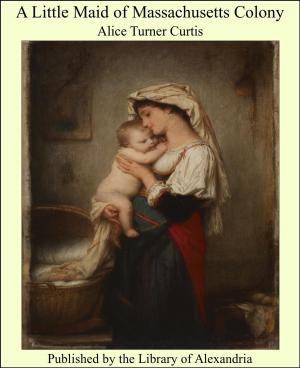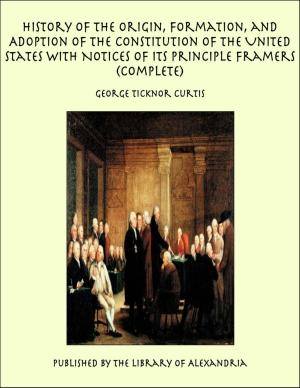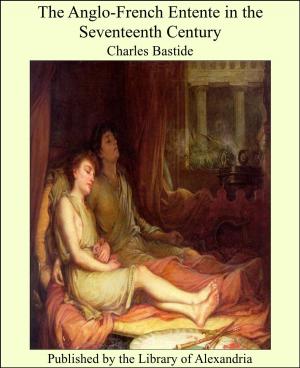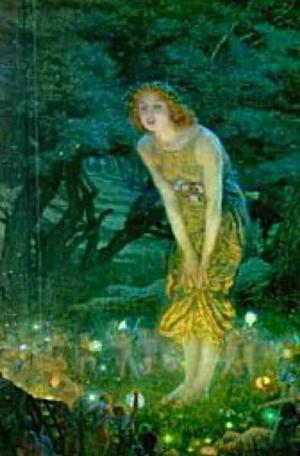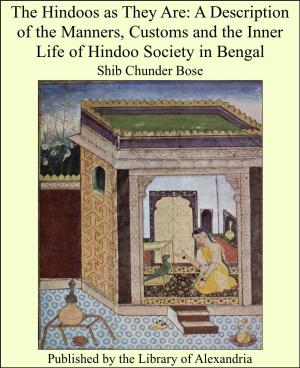The Lives and Opinions of Eminent Philosophers
Nonfiction, Religion & Spirituality, New Age, History, Fiction & Literature| Author: | Diogenes Laërtius | ISBN: | 9781465621627 |
| Publisher: | Library of Alexandria | Publication: | March 8, 2015 |
| Imprint: | Language: | English |
| Author: | Diogenes Laërtius |
| ISBN: | 9781465621627 |
| Publisher: | Library of Alexandria |
| Publication: | March 8, 2015 |
| Imprint: | |
| Language: | English |
Accordingly Clitarchus, in his twelfth book, says that the Gymnosophists despise death, and that the Chaldæans study astronomy and the science of soothsaying—that the Magi occupy themselves about the service to be paid to the gods, and about sacrifices and prayers, as if they were the only people to whom the deities listen: and that they deliver accounts of the existence and generation of the gods, saying that they are fire, and earth, and water; and they condemn the use of images, and above all things do they condemn those who say that the gods are male and female; they speak much of justice, and think it impious to destroy the bodies of the dead by fire; they allow men to marry their mothers or their daughters, as Sotion tells us in his twenty-third book; they study the arts of soothsaying and divination, and assert that the gods reveal their will to them by those sciences. They teach also that the air is full of phantoms, which, by emanation and a sort of evaporation, glide into the sight of those who have a clear perception; they forbid any extravagance of ornament, and the use of gold; their garments are white, their beds are made of leaves, and vegetables are their food, with cheese and coarse bread; they use a rush for a staff, the top of which they run into the cheese, and so taking up a piece of it they eat it. Of all kinds of magical divination they are ignorant, as Aristotle asserts in his book on Magic, and Dinon in the fifth book of his Histories. And this writer says, that the name of Zoroaster being interpreted means, a sacrifice to the stars; and Hermodorus makes the same statement. But Aristotle, in the first book of his Treatise on Philosophy, says, that the Magi are more ancient than the Egyptians; and that according to them there are two principles, a good demon and an evil demon, and that the name of the one is Jupiter or Oromasdes, and that of the other Pluto or Arimanius. And Hermippus gives the same account in the first book of his History of the Magi; and so does Eudoxus in his Period; and so does Theopompus in the eighth book of his History of the Affairs of Philip; and this last writer tells us also, that according to the Magi men will have a resurrection and be immortal, and that what exists now will exist hereafter under its own present name; and Eudemus of Rhodes coincides in this statement. But Hecatæus says, that according to their doctrines the gods also are beings who have been born. But Clearchus the Solensian, in his Treatise on Education says, that the Gymnosophists are descendants of the Magi; and some say that the Jews also are derived from them. Moreover, those who have written on the subject of the Magi condemn Herodotus; for they say that Xerxes would never have shot arrows against the sun, or have put fetters on the sea, as both sun and sea have been handed down by the Magi as gods, but that it was quite consistent for Xerxes to destroy the images of the gods.
Accordingly Clitarchus, in his twelfth book, says that the Gymnosophists despise death, and that the Chaldæans study astronomy and the science of soothsaying—that the Magi occupy themselves about the service to be paid to the gods, and about sacrifices and prayers, as if they were the only people to whom the deities listen: and that they deliver accounts of the existence and generation of the gods, saying that they are fire, and earth, and water; and they condemn the use of images, and above all things do they condemn those who say that the gods are male and female; they speak much of justice, and think it impious to destroy the bodies of the dead by fire; they allow men to marry their mothers or their daughters, as Sotion tells us in his twenty-third book; they study the arts of soothsaying and divination, and assert that the gods reveal their will to them by those sciences. They teach also that the air is full of phantoms, which, by emanation and a sort of evaporation, glide into the sight of those who have a clear perception; they forbid any extravagance of ornament, and the use of gold; their garments are white, their beds are made of leaves, and vegetables are their food, with cheese and coarse bread; they use a rush for a staff, the top of which they run into the cheese, and so taking up a piece of it they eat it. Of all kinds of magical divination they are ignorant, as Aristotle asserts in his book on Magic, and Dinon in the fifth book of his Histories. And this writer says, that the name of Zoroaster being interpreted means, a sacrifice to the stars; and Hermodorus makes the same statement. But Aristotle, in the first book of his Treatise on Philosophy, says, that the Magi are more ancient than the Egyptians; and that according to them there are two principles, a good demon and an evil demon, and that the name of the one is Jupiter or Oromasdes, and that of the other Pluto or Arimanius. And Hermippus gives the same account in the first book of his History of the Magi; and so does Eudoxus in his Period; and so does Theopompus in the eighth book of his History of the Affairs of Philip; and this last writer tells us also, that according to the Magi men will have a resurrection and be immortal, and that what exists now will exist hereafter under its own present name; and Eudemus of Rhodes coincides in this statement. But Hecatæus says, that according to their doctrines the gods also are beings who have been born. But Clearchus the Solensian, in his Treatise on Education says, that the Gymnosophists are descendants of the Magi; and some say that the Jews also are derived from them. Moreover, those who have written on the subject of the Magi condemn Herodotus; for they say that Xerxes would never have shot arrows against the sun, or have put fetters on the sea, as both sun and sea have been handed down by the Magi as gods, but that it was quite consistent for Xerxes to destroy the images of the gods.


